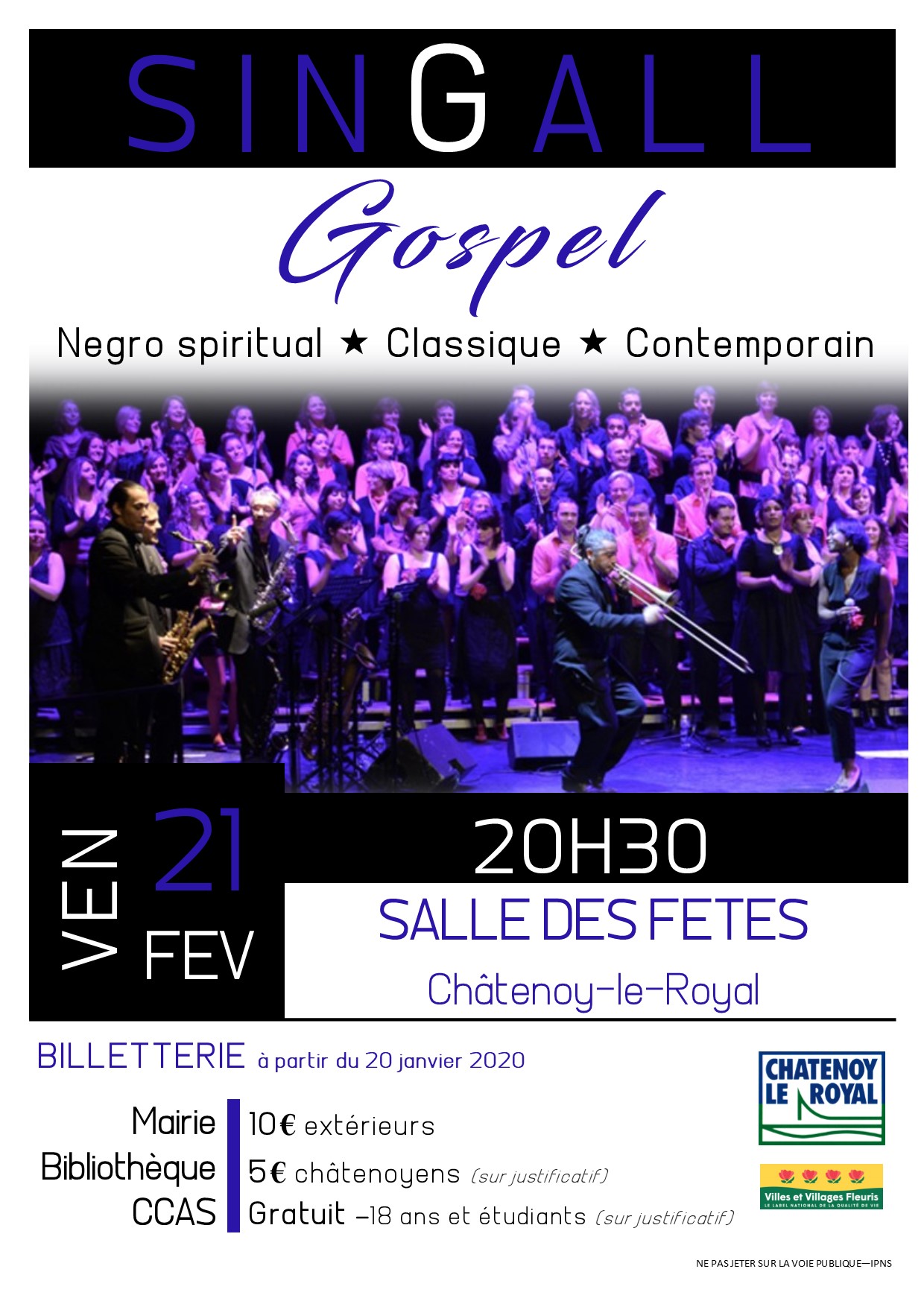
You’re doing The Who Hits Back shows in Europe this summer. There’s something about a real orchestra that makes your hair stand on end. You can have synthesized strings, but it won’t do the same to your emotion as a proper violin or a proper cello would. There’s something about a real instrument, the way it reacts with a human ear and the human body, it creates a whole different feel to a synthesized instruments. The most important thing about this album is to try to hear it on vinyl on a stereo system – that’s when you get the total benefit of real instruments. There are many highlights on this album, especially the horns on “Pinball Wizard” and “Ball and Chain.” Underneath those classic rock songs he wrote, Pete always wrote in a classical form. When I did the classical version of “Tommy” (in 2019), I realized “Tommy” is one of the best operas ever written. I’m proud that our music has come of age and I think you could say this is the most modern classical music out there. He can do 3 foot, so he’s not bad! (Laughs) I don’t swing the microphone hardly at all now because it doesn’t matter to the sound anymore. Before, when all of those things used to work, it was a circus act. You know, Pete can’t quite jump 10 foot in the air anymore. Why do you think you’re playing better than ever now? The Who has always been best as a live group, and we’re still flying the flag for that and I think we’re still doing a good job of it. We can hear what we have to turn down – not that it’s quieter out front (in the audience), but quieter on stage and we’re letting the PA system do the volume. Is it just the way the orchestra gelled with the band at this particular show?Īnswer: Why it works together is we’re playing better than ever.


Question: This album has a different feel to it, even compared to The Who’s other live recordings. In conversation, the engaging frontman is alternately jokey and reflective as he talks about The Who at its live peak, the chaos of internet debates and why the band will likely never tour America again. charity he’s championed since 2000, enlisting performances from British musicians Richard Ashcroft, Jake Bugg and Wet Leg (“They just have something fresh,” Daltrey said of the recent Grammy winners). In addition to The Who’s latest live opus, Daltrey just spearheaded the annual Teenage Cancer Trust concert to benefit the namesake U.K. He says he's fine now, under the watchful maintenance of his longtime surgeon at Mass General in Boston.

That show – the first time The Who headlined Wembley in 40 years – is captured on the new “ The Who with Orchestra: Live at Wembley.” The 20 songs, from set opener “Who Are You” to a raucous “Baba O'Riley,” are vigorously delivered by Daltrey, co-Who maestro and guitarist Pete Townshend, their longtime cast of touring musicians including Simon Townshend on guitar and Zak Starkey on drums, and on most tracks, a 50-piece orchestra.Ī few months after the Wembley concert, Daltrey underwent vocal cord surgery to preserve his muscular singing. “It’s the primal feeling more than the notes.” “I screw myself into a ball and whatever comes out, comes out,” Daltrey, 79, says of his approach to the song. It’s a breathtaking moment not only because of the song’s classic status from 1973’s “Quadrophenia” rock opera, but also because of what it represents: Roger Daltrey can still belt. Toward the end of The Who’s 2019 concert at Wembley Stadium, Roger Daltrey hauls out the depths of his voice for “Love, Reign O’er Me.”


 0 kommentar(er)
0 kommentar(er)
